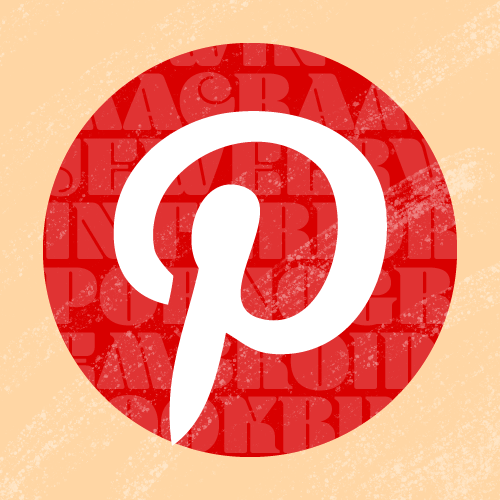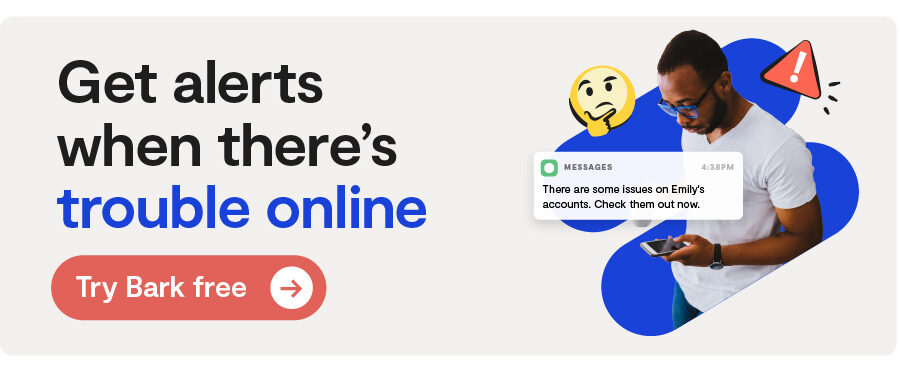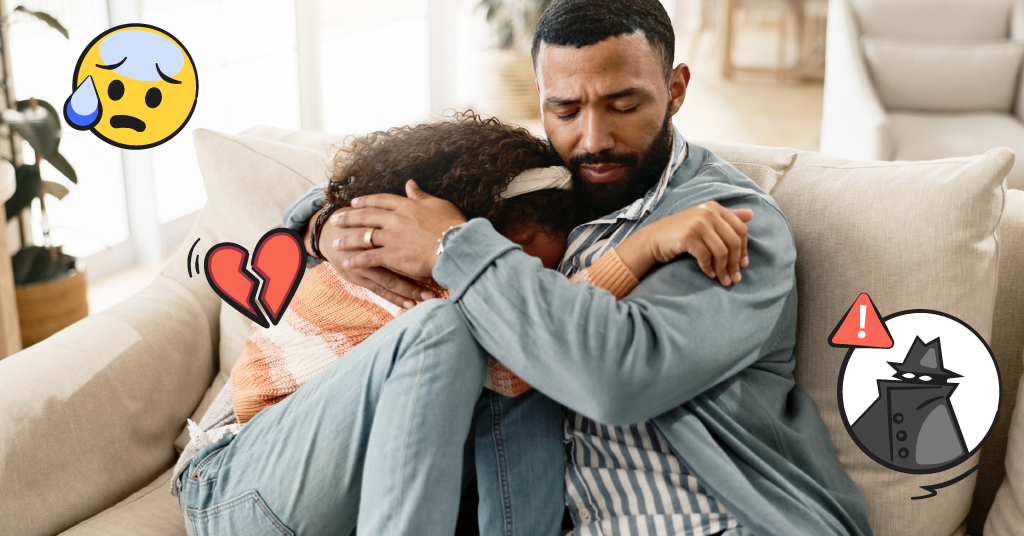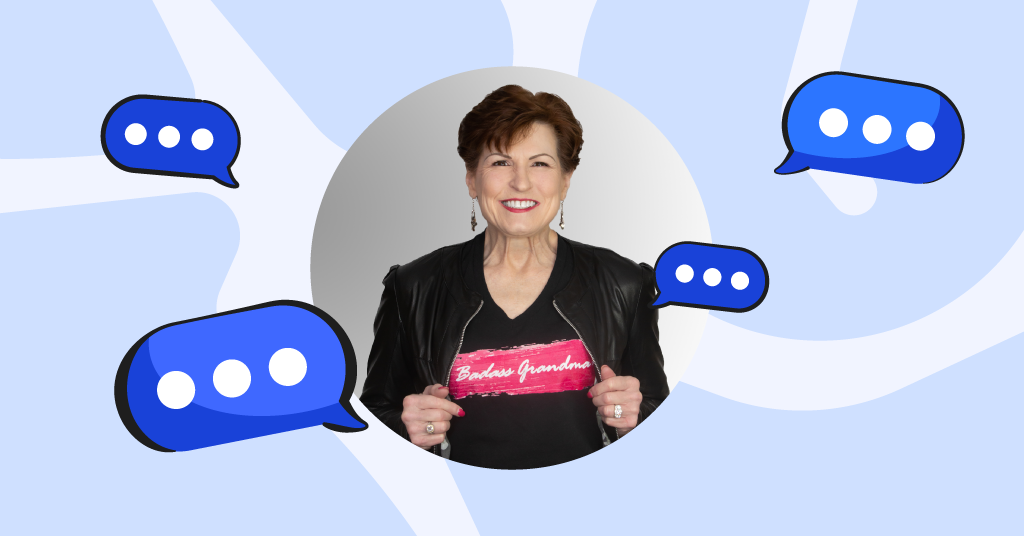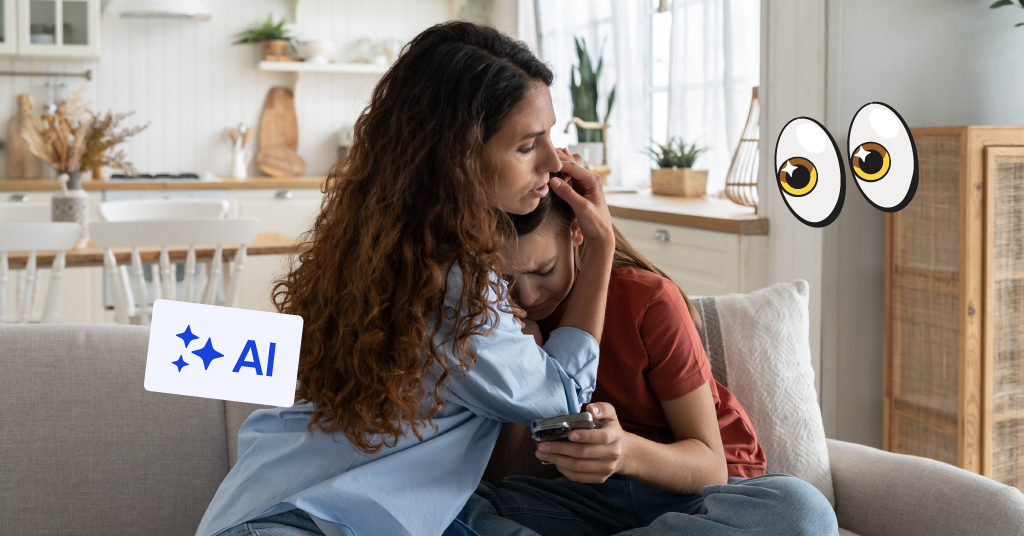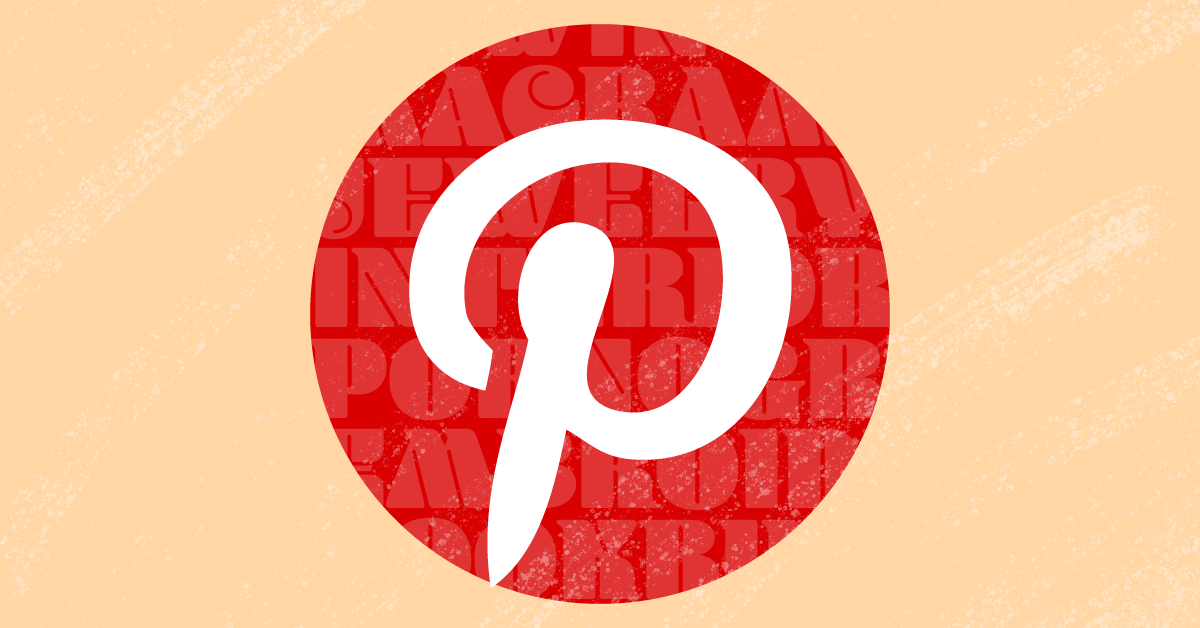
What comes to mind when you think of Pinterest? We bet it’s boards chock full of images of cozy, cold-weather activities, fun and tasty new recipes to try, and snazzy work outfit inspiration. What you probably don’t think of? Pinterest porn. Articles about self-harm or eating disorders. Strangers finding your kid’s Pinterest board years from now.
And this makes sense — the platform has a family-friendly reputation and seems like one of the most harmless social media sites out there. But underneath its crafty and sparkly facade, Pinterest has a dark side. When it comes to inappropriate content, kids are at risk of seeing some pretty gnarly things while they’re innocently pinning memes and pictures of the hottest new sneakers. In this post, we explain the top 5 things you need to know about this popular social media platform.
1. Pinterest Isn’t Private
If your child creates a Pinterest account using their real name or links it to their Gmail or Facebook accounts, people online might be able to find it. This means that anyone — including future employers or potential colleges — could easily see the types of images your child has been pinning over the years. Fortunately, you can adjust the settings so that your child’s Pinterest profile won’t show up in Google search results. But make sure you talk to them about what they’re posting and how that can reflect on them in the future.
2. Pinterest Porn Can Be a Problem
Pinterest prides itself as “not being a place for pornography,” and the company is pretty aggressive in removing what it considers to be gratuitous sexual content. However, those regulations don’t stop porn and inappropriate sexual imagery from making its way onto the site, able to be seen and pinned by anyone. Apart from the extremely inappropriate content, there’s also tamer PG-13 pins that link out to explicit content on external websites, which could in turn lead your child down a dangerous rabbit hole.
3. Images That Glamorize Self-Harm Are Common
While Pinterest expressly blocks the glorification of self-harm or suicide, pins of these activities still exist. In many cases, the reason some users initially pinned them (as a prevention strategy, for example) get co-opted by others for darker purposes. These posts can greatly disturb children, especially if they don’t quite understand what’s happening.
4. It Can Be Hard to Avoid Negative Content
While they can choose to search for specific types of images (think “Golden Retriever puppies” or “Starbucks drinks”), your child could be exposed to a wide range of pins they never intended to see. The Pinterest algorithm, like many social media algorithms, aims to keep users on the site, serving up content similar to what they’ve viewed in the past. This means if your child accidentally views something disturbing, Pinterest may continue showing the same kind of content.
5. Some Images Glorify Eating Disorders
So-called “thinspo” (thin inspiration) posts are banned by Pinterest’s terms of service because they’re often actually accounts promoting disordered eating. But some content tows the line and can make it onto the site from time to time. These posts present an unrealistic view of the human body, and many users who struggle with self-esteem, body image, or eating disorders may be triggered when exposed to this type of content.
If you’re concerned about the dangers your child may encounter on Pinterest, we’ve got some good news. Bark can monitor your child’s account, including what they pin (even if it’s a photo) and the accompanying descriptions. You’ll get an alert if they encounter Pinterest porn or other issues like suicidal ideation, self-harm, and more, along with recommended actions you can take to talk to them and provide support.
Read more
Bark helps families manage and protect their children’s digital lives.


